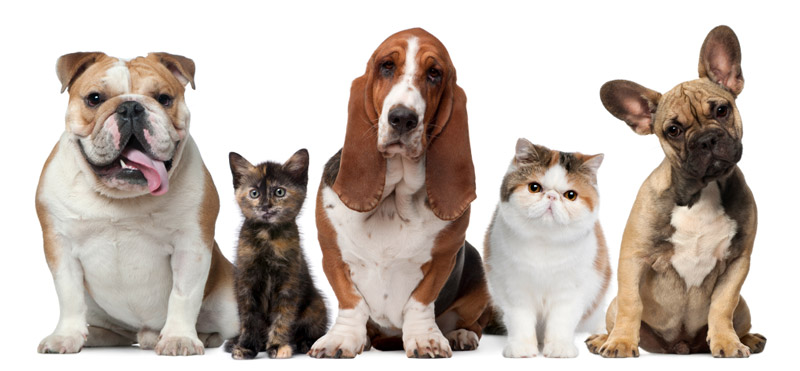Essential Oils and Pets
This is a question I get asked on a regular basis – can we use the oils with our pets?
If there’s a hot topic in the essential oil world it’s “Essential Oils and Pets”. There are thousands of pages on Google, each one telling you something different, and overall there’s a huge amount of misinformation on this topic.
 First Things First
First Things First
Before using any essential oil in or around your pet, it is important to remember that not all essential oils are the same. Many essential oils on the market may say “100 percent pure” on the label, but they could contain substances that are actually quite toxic to animals and should be avoided.
This is also true with many candles, wax melts, air fresheners, cleaning solutions and fabric refreshers. To ensure you have the highest quality products, be sure your essential oils are third party tested and CPTG Certified Pure Tested Grade.
Question: Can I diffuse essential oils around pets?
Answer: Essential oils are highly concentrated and potent and with pets having million more olfactory receptors than we do, they will be naturally more sensitive to essential oils. Diffusing around pets is actually a great way to benefit them on a regular basis. You should opt to use a water-based diffuser on an intermittent setting with one to two drops at a time. Always give your pet the option to exit the room by leaving the door or window open.
Question: Should I pet my dog or cat after using essential oils?
Answer: Petting is actually a great way to apply essential oils topically to pets. Some of the most common applications include massaging along the spine or on the ears. However, any issues with petting often happen because people don’t realise that they may have residues of essential oils on their hands and accidentally touch sensitive areas such as eyes, noses and mouths. After all nobody would like Peppermint or Deep Blue in their eyes! I often use Lavender with both my cat and dog especially if they are going to the vets.
Question: Will my pet die if they get too much oil?
Answer: This is extremely rare, and most adverse reactions are due to a significant amount of essential oil (two bottles undiluted, for example) being used or consumed. However, anyone who has rushed their dog to the vet after they have eaten an entire chocolate cake when no one was looking, knows that accidents can happen.
In the event of an adverse reaction, dilute with a carrier oil—skin irritation is the most common reaction—and most reactions resolve themselves within 24–48 hours after oil exposure. Discontinue use of an oil if your pet shows signs of distress, drooling, squinting, rubbing their face, vocalisation, shaking, vomiting or diarrhoea. Seek veterinary attention if their symptoms are significant. Keep the lids on your bottles and store them in a safe place, such as a closed box.
Question: Are oils harmful for cats?
Answer: When it comes to cats, we’ve heard it all. Citrus oils are toxic to cats. Pine oils are toxic to cats. Even Lavender oil is toxic to cats. The truth is that there is just no sound scientific basis for these claims.
Science tells us that cats lack a liver enzyme that is important for metabolising certain things, so it really isn’t a bad idea to use a bit more caution with cats. If you use the cautions already recommended, these oils are perfectly safe to use in your DIY cleaning or diffused in your home around cats. Use a little extra caution with Melaleuca, Birch, Wintergreen, Spearmint and Peppermint, as well as hot oils such as Oregano or Thyme.
As with anything new that you introduce to your pet, begin slowly. Start with a small amount of a diffused or diluted essential oil and observe your pet’s behaviour. Keep your diffuser in a safe place where your pet cannot knock it over.
As always I am always here should you need any help jo@oilsbyjo.co.uk





